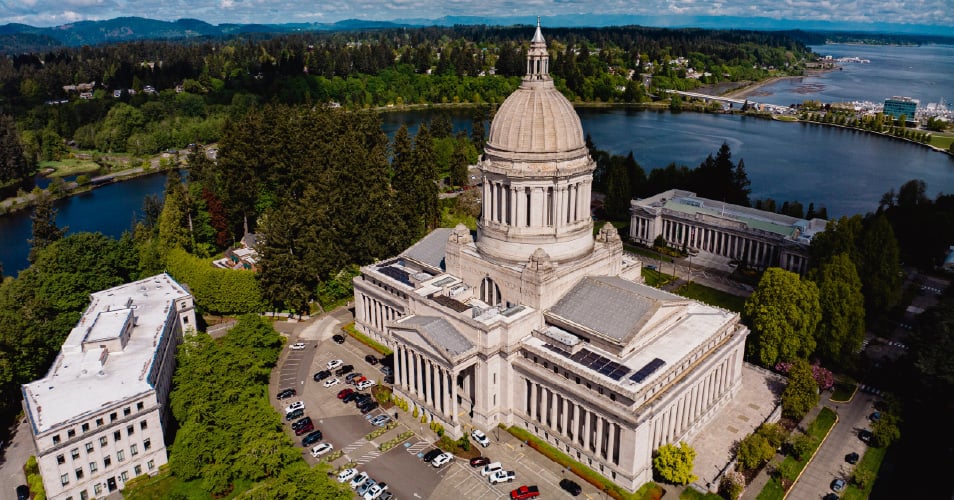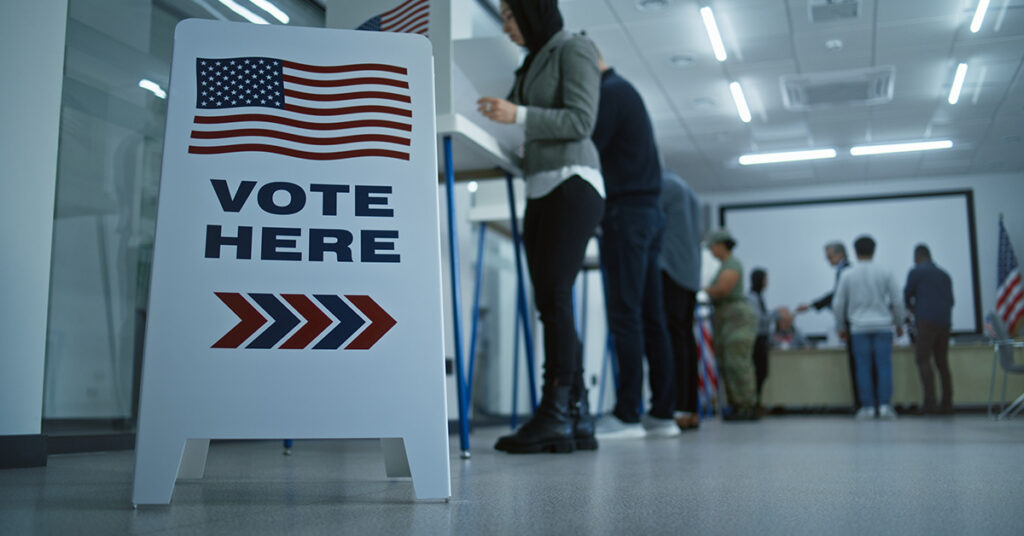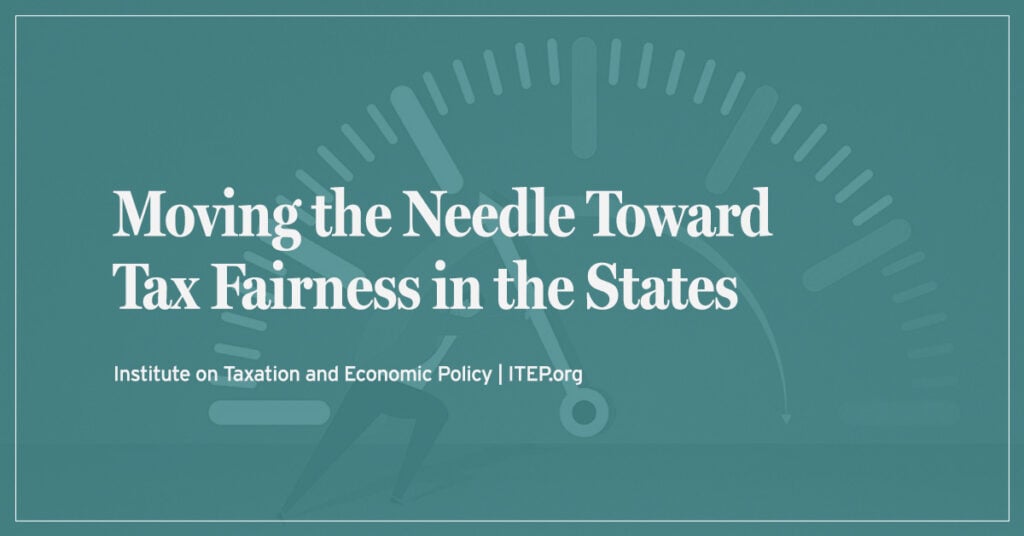(Original Post)
October 2, 2013
Vol: 20 No: 40
by: Aaron Burkhalter , Staff Reporter
Washington’s poorest people pay the highest taxes in the entire country.
According to a study by the Institute on Taxation and Economic Policy, Washington state’s least affluent residents pay 16.9 percent of their income in state and local taxes.
Illinois came in second with
13.8 percent, and Florida came in third with 13.3 percent.
The high rate in Washington is due to the regressive taxation system, said Andy Nicholas, a senior fiscal analyst at the Washington State Budget & Policy Center.
Washington relies on sales tax for revenue and has no income tax, which would tax people on how much they earn instead of what they spend.
Washington is often considered progressive, he said, for being the eighth state to allow same-sex marriage and one of the first to legalize marijuana, but its fiscal policies are far from progressive.
“We have a terrible state tax system,” Nicholas said. “By far the worst in the country.”
The Institute on Taxation and Economic Policy released the study on state tax codes in September that included the estimate in Washington. The estimate is based on consumer patterns, sales tax figures and other state taxes sources.
The poorest fifth of Washington residents pay 16.9 percent of their income on taxes, while the wealthiest
1 percent of residents pay 2.8 percent of their income, the report states.
“We rely almost exclusively on retail sales tax and other consumption-like taxes to fund public services,” Nicholas said.
Sales taxes are regressive, he said, because low-income people spend more of their income on prepared food and other products.
Higher income people put more of their income into savings and investments, which are taxed at a lower rate than purchases.
Overall, Washington has a low tax rate, ranking 36th in the nation. But the reliance on consumer-based taxes means the people making less than $11,500 a year spend significantly more of their income in taxes compared with people making more than $1 million.
Washington also has a business and occupation tax, which taxes businesses for every sale.
That cost is usually passed onto the customer through higher prices, Nicholas said.
To make the state’s tax system fairer, The Budget & Policy Center is advocating for a capital gains tax which would tax income from financial investments.
October 2, 2013
Vol: 20 No: 40
by: Aaron Burkhalter , Staff Reporter
Washington’s poorest people pay the highest taxes in the entire country.
According to a study by the Institute on Taxation and Economic Policy, Washington state’s least affluent residents pay 16.9 percent of their income in state and local taxes.
Illinois came in second with
13.8 percent, and Florida came in third with 13.3 percent.
The high rate in Washington is due to the regressive taxation system, said Andy Nicholas, a senior fiscal analyst at the Washington State Budget & Policy Center.
Washington relies on sales tax for revenue and has no income tax, which would tax people on how much they earn instead of what they spend.
Washington is often considered progressive, he said, for being the eighth state to allow same-sex marriage and one of the first to legalize marijuana, but its fiscal policies are far from progressive.
“We have a terrible state tax system,” Nicholas said. “By far the worst in the country.”
The Institute on Taxation and Economic Policy released the study on state tax codes in September that included the estimate in Washington. The estimate is based on consumer patterns, sales tax figures and other state taxes sources.
The poorest fifth of Washington residents pay 16.9 percent of their income on taxes, while the wealthiest
1 percent of residents pay 2.8 percent of their income, the report states.
“We rely almost exclusively on retail sales tax and other consumption-like taxes to fund public services,” Nicholas said.
Sales taxes are regressive, he said, because low-income people spend more of their income on prepared food and other products.
Higher income people put more of their income into savings and investments, which are taxed at a lower rate than purchases.
Overall, Washington has a low tax rate, ranking 36th in the nation. But the reliance on consumer-based taxes means the people making less than $11,500 a year spend significantly more of their income in taxes compared with people making more than $1 million.
Washington also has a business and occupation tax, which taxes businesses for every sale.
That cost is usually passed onto the customer through higher prices, Nicholas said.
To make the state’s tax system fairer, The Budget & Policy Center is advocating for a capital gains tax which would tax income from financial investments.




